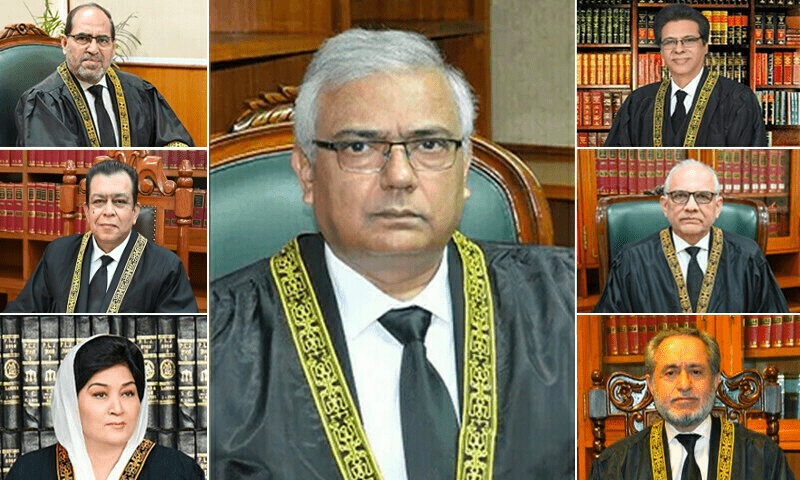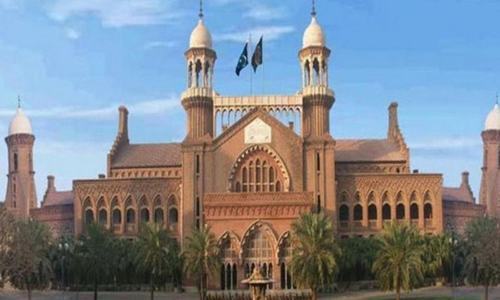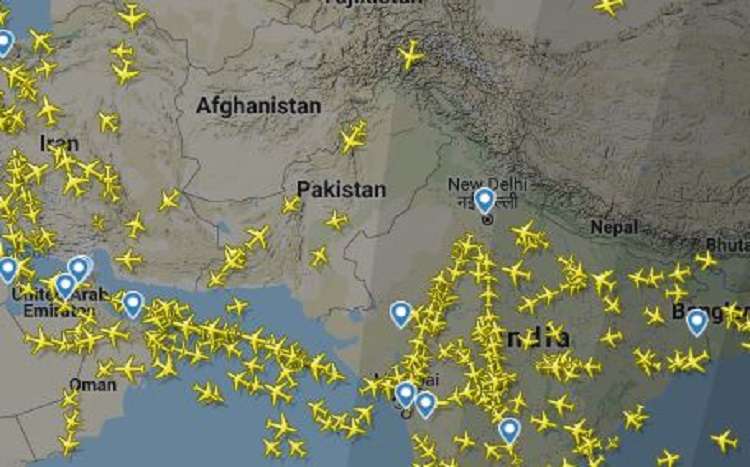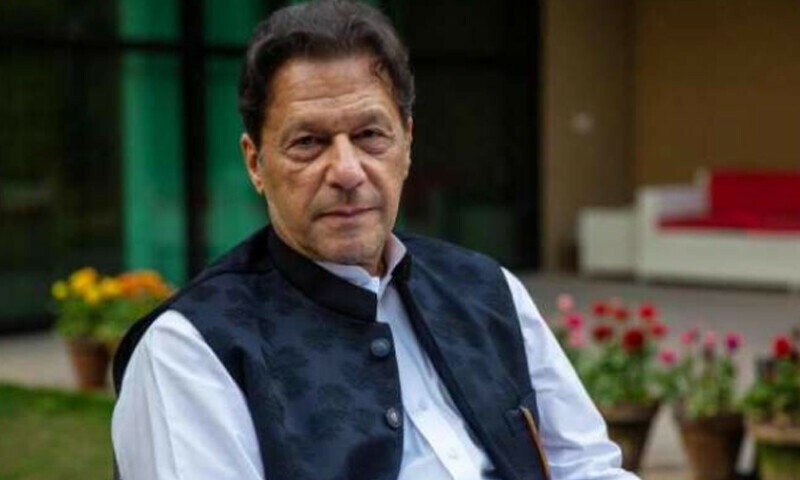LEGAL

Pakistan's Supreme Court on Wednesday approved the military trials of civilians accused of involvement in the May 9, 2023, attacks on army installations — a decision that overturns a previous judgment that had deemed such trials unconstitutional.
The 5-2 majority decision came from the Supreme Court’s seven-member Constitutional Bench, which heard 38 intra-court appeals filed by the federal and provincial governments and the Shuhada Forum Balochistan. These appeals challenged the widely acclaimed October 2023 judgment that had blocked the trial of civilians in military courts.
The bench, led by Justice Aminuddin Khan, included Justices Jamal Khan Mandokhail, Naeem Akhtar Afghan, Muhammad Ali Mazhar, Hassan Azhar Rizvi, Musarrat Hilali, and Shahid Bilal Hassan.
Justice Aminuddin announced the short order, which stated that the court was setting aside the October 23, 2023 verdict and allowing the military trials to proceed. Justices Mandokhail and Afghan dissented, calling the appeals void and reiterating that military courts were not a constitutional forum for civilians.
🔸 Background
The earlier 2023 decision had declared that military trials of civilians violated fundamental rights and struck down key provisions of the Pakistan Army Act, specifically Section 2(1)(d)(i), 2(1)(d)(ii), and Section 59(4). Those sections were restored in today’s judgment by the constitutional bench formed under the 26th Amendment.
The ruling means that dozens of civilians already tried and sentenced by military courts for their alleged involvement in the May 9 riots will remain under military jurisdiction.
On December 21, 2024, 25 individuals were sentenced to jail terms ranging from 2 to 10 years, and a further 60 civilians were convicted days later. While 19 mercy petitions have since been accepted, 48 appeals are still pending.
🔸 International Response
The military trials had drawn widespread condemnation from PTI, human rights organisations, and international actors including the United States, United Kingdom, and the European Union, all of whom warned that such trials violated international legal standards for civilian rights.
🔸 Dissenting Judges’ View
In their dissenting opinion, Justices Mandokhail and Afghan reaffirmed that trying civilians in military courts is a violation of constitutional rights, arguing for the supremacy of civilian criminal courts even in cases involving attacks on military installations.



